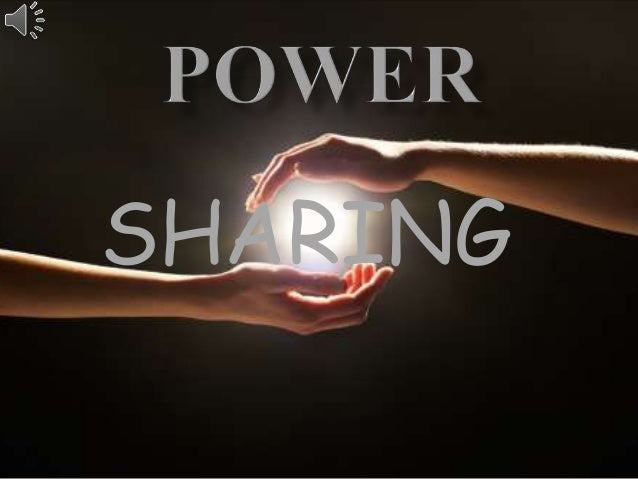The new book for parents of teens is almost ready, hopefully by the weekend. Here is another excerpt from the book Joy-Filled Parenting with Teens, with another one of the Hopeful Stories for Successful Relationships. This section talks about how to share power with our teens.
Sharing power to help teens
Something I learned from Dr. Wilder is how to share power with our teens. He writes extensively about power in his book, The Red Dragon Cast Down. He says that children notice in their family who has the power, how they use it, and what the results are of having power. They notice that the one with power does not suffer (feel pain). This is usually Dad. If parents don’t share power properly, children learn to believe, if I have power, I will not have pain. This creates a desire to have power in order to control, to avoid pain, to get their own way, and to overpower others in order to feel powerful. The result is a person filled with fear, anger, and control. (pp. 169, 176)
Dr. Wilder continues, “Providing your children with power and teaching them how to use it well, is a major form of Satan-proofing your children. Powerful children can do hard things. Building powerful love bonds is how we build powerful children” (p. 168). Parents must share their power lovingly if they want their children to grow to healthy adults. (p. 133, 134)
How do we share power?
So comes the obvious question—how do parents share their power? Dr. Wilder gives a few suggestions: Help teens achieve their goals. Support their dreams when possible. Teach them to think wisely, to solve problems on their own, and to plan things. Give them some power over their environment—their room, appropriate choices, their personal style. Help them learn to live with limitations. Make love bonds and not fear bonds.
It seems to me that we also share power with our teens when we stay relational and act like ourselves when upset. Angry power is not blasted onto the teen. And again when we do fail, we seek forgiveness. We send a strong message about sharing power when we can allow the teen to speak the truth in love to us when needed.

Here is a story from Lena, out of the new book, that demonstrates how she shares her power when it’s her teen that’s upset with her.
Sharing Power
I have been changing the way I respond when my kids get defensive with me. Instead of responding by giving consequences for their anger, I have been viewing their defensiveness as a red flag indicating I have just potentially hurt them in some way. Recently, my oldest son and I were enjoying connecting and relating with one another. A while later we got into a conflict and he lashed out at me. I responded by saying, “Jason, I must have just done something to make you feel angry or hurt. Do you know what that was? It is a blind spot for me and I want to apologize so we can get back to being close again.” He told me and I quickly apologized saying I was wrong. He immediately got soft again and we returned to being close again.
Wow! What a great way to calm a potentially intense situation. Thank you, Lena for that story.
Red Dragon Cast Down, E. James Wilder, PhD., Chosen Books, Grand Rapid, MI, 1999

No matter where we think we are in our walk through life (no kids, older kids, etc.), there is always something to glean from Barbara’s teachings. I have no children, but I do have them in my life & I am very thankful that I’ve learned how to be relational with them because one day they will be an adult.
Thank-you, Barbara for sharing what you’re learning with us.
Blessings upon your teachings.